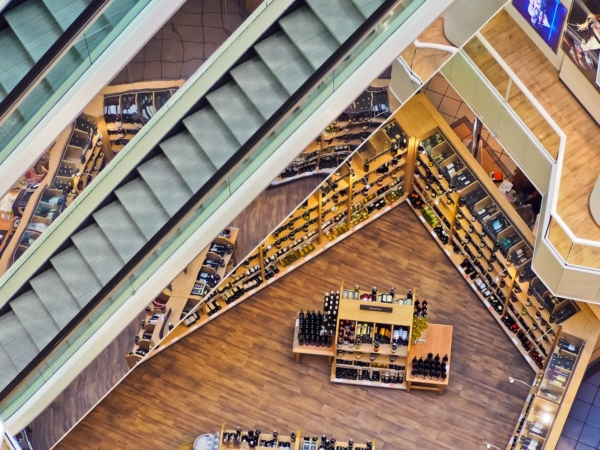The rapid growth of urbanization brings countless challenges to city planners and developers. However, with the emergence of the Internet of Things (IoT), the way we approach urban development is undergoing a radical transformation. In this feature article, we will explore the pivotal role played by IoT in building the cities of tomorrow. From revolutionizing transportation systems to optimizing energy consumption and enhancing the overall quality of life, IoT is set to reshape urban landscapes worldwide.
Smart Transportation Revolution
The integration of IoT in transportation infrastructure allows for real-time monitoring and management of traffic flow. Intelligent transportation systems, powered by IoT technology, improve safety and efficiency on the roads. By collecting data from sensors and devices embedded in transportation networks, cities can make informed decisions to enhance the overall capacity and movement of vehicles.
Furthermore, cities are developing smart public transportation networks with IoT-enabled features. This includes smart bus stops that provide real-time route updates and information to commuters. Intelligent traffic signals, another IoT innovation, can adapt and optimize traffic flow based on real-time conditions, reducing congestion and improving the efficiency of public transportation systems.
Resilient Infrastructure for Sustainability
Leveraging IoT, cities are focusing on enhancing energy efficiency through the implementation of smart grids and energy management systems. These IoT-powered systems ensure the effective distribution of electricity and optimize energy consumption. Real-time monitoring of energy consumption and demand enables cities to identify areas for improvement, leading to more sustainable energy practices.
Additionally, IoT plays a crucial role in optimizing waste management processes. Smart waste collection systems equipped with sensors and predictive analytics can monitor garbage levels, only collecting when necessary, reducing unnecessary vehicle emissions and optimizing waste disposal methods. The integration of IoT in waste management practices contributes to a more sustainable and environmentally friendly approach.
Transforming the Urban Living Experience
IoT has also revolutionized the way people experience urban living. Smart homes and buildings, integrated with IoT devices, offer improved comfort, convenience, and safety. Connected devices such as thermostats, security systems, and lighting can be controlled remotely, ensuring energy efficiency and creating personalized living spaces. Energy management systems within buildings enable more sustainable resource consumption, reducing the overall environmental footprint of urban areas.
Image courtesy of www.linkedin.com via Google Images
Cities are also creating connected communities through IoT initiatives. Centralized platforms facilitate community engagement and participation, allowing residents to access information about events, services, and city projects. IoT-driven surveillance systems ensure enhanced security through features such as smart cameras with facial recognition technology, contributing to a safer urban environment for residents.
Improving Public Services and Accessibility
IoT-based healthcare systems have transformed patient care, enabling remote monitoring and management. Smart healthcare devices, equipped with IoT capabilities, facilitate personalized and efficient healthcare services. Real-time data analytics provide valuable insights for disease prevention and treatment, improving the overall healthcare experience.
IoT also enhances accessibility in cities. Smart parking systems utilize sensors and data analytics to guide drivers towards available parking spaces efficiently. This reduces traffic congestion, pollution, and the frustration associated with finding parking. Moreover, IoT-driven public transportation solutions, equipped with accessibility features, cater to the mobility-impaired, ensuring equal access to public transportation for all members of society.
In Conclusion
The Internet of Things is paving the way for the cities of tomorrow, transforming conventional urban development approaches into smart, efficient, and sustainable models. From revolutionizing transportation and optimizing energy consumption to enhancing the overall quality of life, IoT has become an indispensable tool for city planners and developers. Embracing the potential of IoT in urban development is not only essential for meeting the challenges posed by urbanization but also for creating a better future for our cities and the people who dwell in them.




